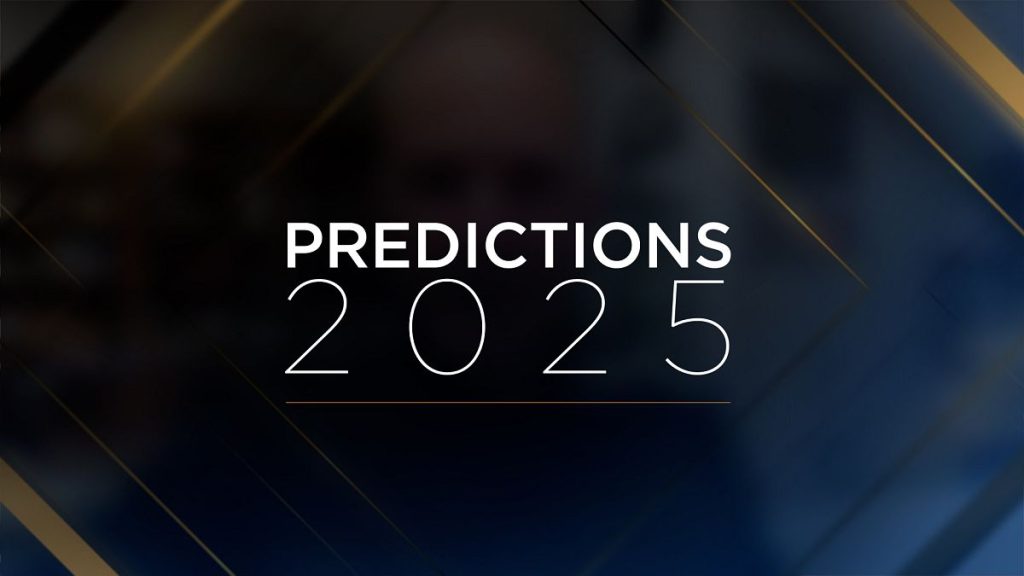A Tapestry of Hopes and Fears for 2025: Navigating Uncertainty and Embracing Change
As the calendar turns to 2025, a chorus of voices from across the globe share their perspectives on the year ahead, painting a picture interwoven with both hopeful anticipation and sobering concerns. These diverse perspectives, ranging from environmental activism to artistic expression, offer a glimpse into the potential trajectories of the coming year and underscore the power of human agency in shaping the future. The dominant themes that emerge are the urgency of addressing climate change, the importance of truth and genuine human connection in an increasingly digital world, and the enduring struggle for peace and equality.
Bertrand Piccard, the pioneering Swiss explorer, emphasizes the direct link between present actions and future outcomes. He argues that 2025 holds the potential for positive transformation, but only if we actively choose to make it so. Phasing out fossil fuels, cultivating compassion and wisdom, and alleviating poverty are identified as key levers for creating a better world. Piccard’s message is a call to action, reminding us that the future is not predetermined but rather a canvas upon which our present choices paint the final image. This sentiment echoes throughout the predictions of other figures, highlighting the shared responsibility we bear in shaping the year to come.
Luisa Neubauer, a prominent German climate activist, voices a more apprehensive outlook, fearing a surge in climate-related disasters. She also foresees a fierce battle for truth in a world increasingly saturated with misinformation. In this struggle, Neubauer identifies truth as the most precious commodity, a resource to be fiercely defended against manipulation and distortion. Despite these concerns, she also anticipates the emergence of "unlikely heroic stories," suggesting that even amidst adversity, resilience and unexpected acts of courage will illuminate the path forward. This duality of fear and hope encapsulates the complex reality of navigating a world grappling with unprecedented challenges.
Shifting the focus from global crises to the more personal sphere, Belgian musician Doowy envisions a potential improvement in "digital health." He hopes for a recalibration of our relationship with technology, urging a move away from superficial online interactions towards a deeper appreciation for genuine social connections. Doowy’s prediction underscores the growing awareness of the potential downsides of digital immersion and the yearning for authentic human connection in an increasingly virtual world. This desire for meaningful relationships resonates with the broader theme of seeking greater harmony and understanding in a fractured world.
Nieves Herrero, a Spanish journalist and writer, expresses a profound hope for peace, specifically an end to the ongoing conflicts that have ravaged regions like Ukraine and Gaza. Her plea reflects a widespread yearning for an end to violence and suffering, a desire for a world where dialogue and diplomacy triumph over aggression and destruction. Herrero also champions the power of writing to promote harmony and calls for an end to gender-based violence, emphasizing the urgent need for equality and respect for women. Her vision for 2025 is one of peace, understanding, and justice, a world free from the scourges of war and inequality.
Paul Watson, the Canadian animal rights activist, focuses his predictions on the realm of marine conservation. He expresses optimism about ending whaling in Iceland and raising awareness about the slaughter of dolphins and pilot whales in the Faroe Islands. Watson’s unwavering dedication to protecting marine life exemplifies the power of focused activism in driving positive change. His predictions reflect a growing global consciousness regarding the interconnectedness of life on Earth and the urgent need to protect our planet’s biodiversity. He sees 2025 as a year of potential breakthroughs in marine conservation, driven by increased awareness and sustained pressure on those responsible for these cruel practices.
Wim Wenders, the acclaimed German filmmaker, expresses deep concern about the resurgence of nationalism and the perilous direction of global politics. He contrasts these troubling trends with the more hopeful vision of a unified Europe, representing a path towards greater cooperation and understanding. Wenders’ concerns reflect a wider anxiety about the fragility of international cooperation and the rise of divisive political ideologies. His observation underscores the importance of upholding democratic values and fostering international collaboration in addressing global challenges. He laments the planet’s suffering and the detrimental impact of outdated political ideologies. His words serve as a reminder that progress is not linear and that the hard-won gains of the past can be easily eroded by shortsighted policies and resurgent nationalism.
These voices, diverse in their backgrounds and areas of expertise, offer a multifaceted perspective on the potential landscape of 2025. They highlight the interconnectedness of global issues, from climate change to political instability, and emphasize the importance of individual and collective action in shaping a more sustainable and equitable future. While some predictions are tinged with anxiety, others resonate with hope, demonstrating that even in the face of daunting challenges, the human spirit remains resilient and capable of envisioning a brighter tomorrow. The overarching message is that 2025 is not a preordained destiny but rather a year waiting to be shaped by the choices we make today. It is a year replete with both potential and peril, a year where the decisions we make, individually and collectively, will determine the course of events and the legacy we leave for future generations.














